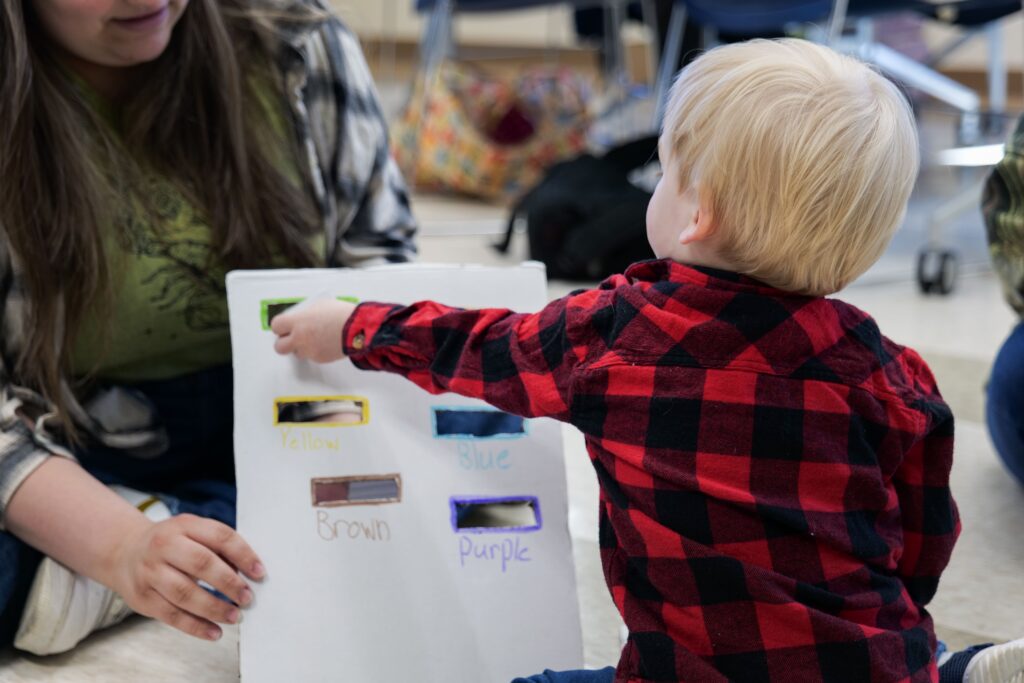Special Education

Prepare for a meaningful career in inclusive education. Our Special Education program is designed for individuals currently working or aspiring to work in special education settings, whether as educational technicians or future special education teachers.
Offered in an accelerated and flexible format, this program emphasizes real-world application and is tailored to fit your schedule. Coursework focuses on the foundational knowledge and practical skills needed to support learners of all abilities, including:
- Special education law and categories of disability
- Evidence-based teaching methods and learning supports
- Inclusive behavior strategies
- Collaboration with families and multidisciplinary teams
Graduates are well prepared to advance in their current roles or transfer to a bachelor’s degree program that leads to special education teacher certification.
Requirement for Admission:
- Employed in a setting with special education students
Key Learning Objectives
Upon completion of the Secondary Education program, the graduate is prepared to:
- Apply current principles of child development and positive guidance to plan and implement appropriate experiences and environments for students with special learning needs.
- Use data, evidenced based practices, and a variety of instructional methods to plan, implement, and evaluate meaningful and challenging curriculum that promotes positive learning outcomes that are based on educational standards and IEP goals.
- Create engaging, play-centered instruction that supports the social-emotional development of children with special needs.
- Design methods for collaborating with families and professionals from various disciplines to craft and execute individualized learning strategies and support successful transitions.
- Reflect on practices and engage in professional behaviors for continuous professional growth.

